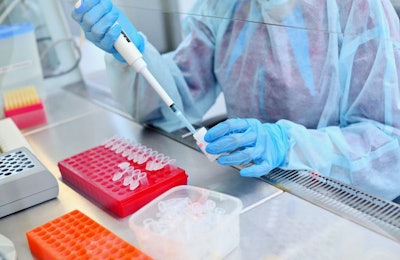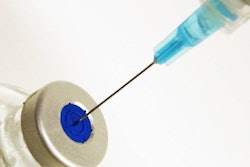
46 labs across the country can test 40,000 samples per day
The U.S. Department of Agriculture (USDA) is prioritizing laboratory capability to test for African swine fever (ASF).
USDA Undersecretary for Marketing and Regulatory Programs Greg Ibach told the National Association of State Directors of Agriculture that the department is “trying to make diagnostic capabilities more available.”
He said there are now 46 laboratories across the U.S. that can test for ASF.
“That capacity allows us to test over 40,000 different samples a day, and we have very large capacity now,” Ibach said.
ASF preparedness
In May 2019, the USDA increased its ASF preparedness efforts by implementing a surveillance plan that includes cooperation between the Animal and Plant Health Inspection Service (APHIS), the swine industry, states and veterinary diagnostic laboratories to test for ASF. USDA also added ASF testing to its existing classical swine fever surveillance.
“We will test samples from the same high-risk animals, using the same overall process, but will test for both diseases instead of one. USDA and its partners expect to begin ASF surveillance efforts within weeks, and will implement the full surveillance plan over the course of the spring,” USDA said in an announcement in May 2019.
The surveillance effort tests samples from high-risk animals, including sick pig submissions to veterinary diagnostic laboratories; sick or dead pigs at slaughter; and pigs from herds that are at greater risk for disease through such factors as exposure to feral swine or garbage feeding.
In addition, USDA will work with state and federal partners to identify and investigate incidents involving sick or dead feral swine to determine if they should be tested for ASF or other foreign animal diseases.
ASF is a highly contagious and deadly disease affecting domestic and feral pigs. It does not affect human health and cannot be transmitted from pigs to humans. ASF has never been detected in the United States.

















